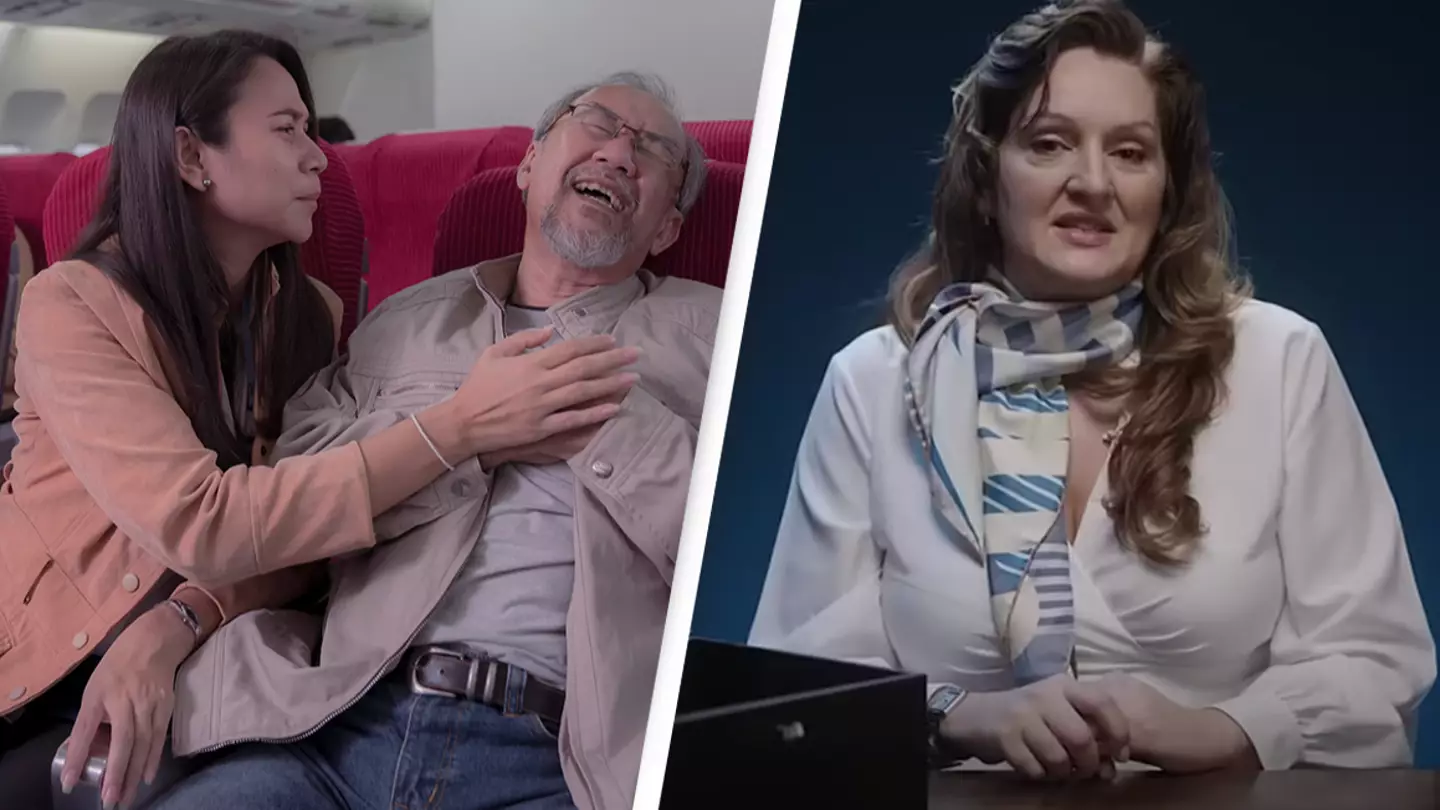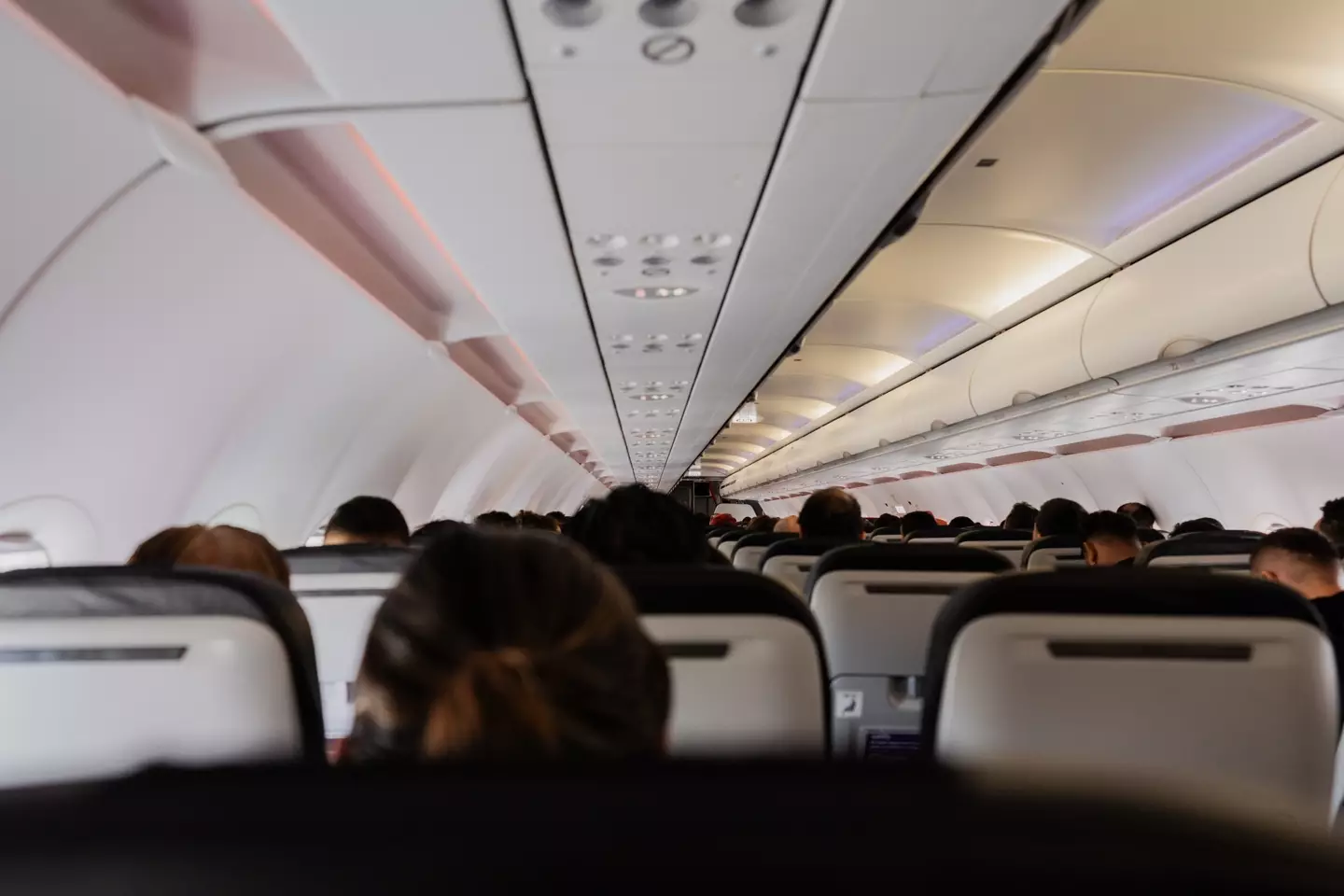
A former flight attendant has revealed the procedure of what happens when a passenger dies while on a flight.
It's a scenario that no-one wants to be in while travelling on a plane, or indeed anywhere.
Picture it, you are jetting off on holiday when the gut-wrenching call goes out on the plane's PA system - "Is there a doctor onboard?"
Unfortunately, despite a doctor answering the call and giving their best effort, a passenger on the flight is confirmed to have died.
Advert
There's nothing more that can be done to save them, so what happens next?
Well, a former flight attendant has spoken to LADbible TV about the official procedure cabin crew have to take in the tragic situation.
It might be a scenario out of Hollywood, but it does happen in real life and crew have to deal with the unpleasant situation as calmly and professionally as they can.
There are specific rules to follow as well, and these actually had to be changed for a morbid reason.
Advert
So, what was the old procedure?

Mandy Smith, a former flight attendant who worked for Virgin Atlantic for 12 years, said: "This has not happened to me, thankfully.
"It has happened to a friend of mine, where they've had a passenger pass away on the flight.
Advert
"We used to have to put passengers in the bathrooms, and then lock the bathrooms off."
This was a way to give the deceased person privacy, and also keep the body away from other passengers, but there was a problem.
Mandy explained: "Because they would be seated on the toilet, as they sat there - if rigor mortis set in - then they would be then stuck in that position, and they wouldn't be able to fit in their coffin."

Advert
Cases of rigor mortis can mean that morticians have to take extra measures to get someone into their coffin.
This includes flexing the muscles and joints to relieve the tension, effectively giving the corpse a massage.
But there is a way to prevent the need for this, which is ensuring that a corpse is laid out flat so 'sets' in a more convenient position.
You've probably already guessed what that means on a plane.
Advert
Mandy said: "Unfortunately, now, we have to lay them across the front of the seats and try and calm their loved ones down.
"Treat them with respect, cover them with blankets, and maybe just cordon the area off with blankets tucked into the overheads, which is what I would probably do."
She went on: "If they passed away on board, it's the law that we, as cabin crew, have to keep going. So, we have to keep doing any kind of resuscitation until they're deemed to be deceased.
Advert
"So, if it was an accident that happened on board, or if they had a heart attack, we would then just keep going doing CPR.
"But if it was someone who passed away from natural causes, or another kind of ailment, then obviously, we wouldn't need to do anything to them then.
"We'd need to contact the ground services to be met by an ambulance or the coroner. We wouldn't really do it as an emergency landing, we'd just treat it as a normal landing if that person's definitely passed away."
